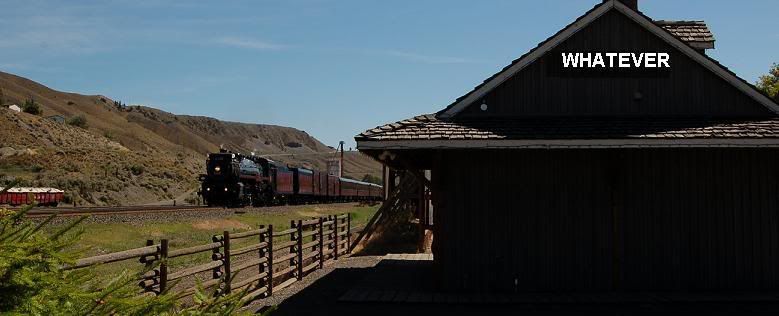// Generation Enlightenment
"It is said that history has a tendency to repeat itself. This is evident when looking at the patterns of major political and social events that have taken place throughout history. An excellent example of this is the Enlightenment, which has transcended generations and is still alive and well today. Similarly, there is a present-day movement among youth and in popular culture. Whereas in the 18th century the Enlightenment meant pursuing science, reason and progress, today's young adults are chasing social change and responsibility. And although things have changed between the 18th century and the present, the effects of a movement such as the Enlightenment are still very much the same.
Youth is a time of discovery and realization, wherein each individual begins to establish a unique set of beliefs and values; it is a time of curiosity and exploration. Students in today's world are maturing at an earlier age, resulting in a more informed and confident teenage population. Their opinions about issues ranging from politics to fashion, and everywhere in between have become more assertive than ever before and there is a universal initiative, a restlessness and eagerness to change the world for the better, however cliche that may seem.
In the 18th century, Enlightenment thinkers became more aware of their surroundings and began to question the Church, reasoning that there were foundations other than religion on which to base knowledge. Likewise, today's youth are beginning to question the circumstances that surround a variety of issues, such as fair trade, animal rights, and politics, searching for alternative solutions to these problems. Youth have begun to analyze our world and are working to change it; even elementary schools host fundraisers throughout the year to benefit various causes. Here, we see that both the Enlightenment thinkers, in their time, and the youth of today have been working on parallel projects with similar goals. Both have slowly drifted away from what had been traditionally accepted, religiously taught, and strictly enforced, shifting towards new ideas, reason, and scientific solutions.
But time does not last forever. Each child grows up and, eventually, old. This is not to say that their efforts are wasted; as our parents have left us their legacy, it is up to us to leave our own legacy. As well, Enlightenment thinkers of the 18th century wrote many essays and books about their pursuit of reason in order to communicate to the next generation what had been learned. The progress gained serves as a foundation for the next generation to build upon. The present day equivalent of the Enlightenment is, in theory, a continuous movement. So long as there is no generation gap, the effect of this contemporary Enlightenment should last for decades, even centuries.
The Enlightenment is a living experience, not bound by antiquity. It repeats itself throughout history, with each new generation that comes into the world. In a way, every generation experiences its own 'Enlightenment'. This then becomes a process that progresses with each generation it encounters. Perhaps the best way to grasp our future is by looking into our past. By learning from history, we are able to not only avoid our past mistakes, but also to select the methods that have worked successfully and to apply them to our present and future. As such, the Enlightenment has proven itself to be very much alive and it continues to immerse itself in our youth and our culture."
And that's my first university paper. 500 words on how the Enlightenment engages an experience from contemporary culture(s). Dudes and dudettes, if you read that and didn't have a clue what I was saying... that's okay. I didn't either. It was 2 AM. Hopefully, my TA will be able to make sense of it.








0 Comments:
Post a Comment
<< Home